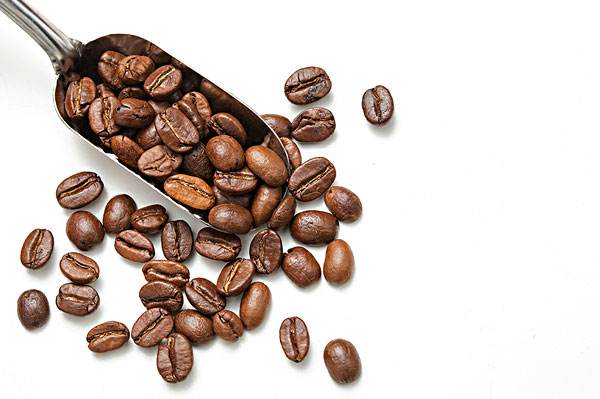An introduction to the flavor of Bolivian coffee beans in South America
Follow the caf é (Wechat official account vdailycom) and found that Beautiful Cafe opened a small shop of its own.
South America is rich in coffee beans, and Bolivia is no exception. The unique tropical rain forest environment in some parts of Bolivia provides excellent natural conditions for the growth of organic coffee. The aroma of Bolivian coffee is rich and unique, both the aroma of ground beans and the aroma of coffee are obviously rich, similar to the mixture of flower and fruit aroma, impressive.

The advantage of Bolivian coffee lies in its high altitude and excellent varieties of coffee, where the traditional Tibica and a small amount of Kaddura are highly valued in the world market. In the past, coffee trees in Bolivia used to act as hedges and ornaments around the garden. Real commercial production began in the early 1950s. The coffee industry in Brazil was badly damaged by the great frost in 1957, while Bolivia (Bolivia) benefited and developed rapidly. Bolivian coffee is grown at an altitude of 18000 to 2670 meters above sea level, and the Arabic washed coffee beans are exported to Germany and Sweden, which is not the best today and has a bitter taste.
Lake Titicaca, located on the Coaya Plateau on the border between Bolivia and Peru, is the highest and largest freshwater lake in South America, one of the highest large freshwater lakes in the world, the highest navigable lake in the world, and the third largest lake in South America (after Lake Maracaibo and Patus lagoon).
Lake Titicaca Copacabana
Country: Bolivia
Altitude: 3812m
Producing area: Lake Titicaca
Baking degree: medium baking
Treatment: washing
Variety: iron pickup
Producer: tapping Baigabana small farmers
Flavor: dried aromas of roasted nuts and almonds, orange and pomelo
Important Notice :
前街咖啡 FrontStreet Coffee has moved to new addredd:
FrontStreet Coffee Address: 315,Donghua East Road,GuangZhou
Tel:020 38364473
- Prev

The characteristics of Bolivia, a brief introduction to Bolivian coffee
Following caf é (Wechat official account vdailycom) found that Beautiful Caf é opened a small shop rich in coffee beans in South America, and Bolivia is no exception. The unique rainforest environment in some parts of Bolivia provides excellent natural conditions for the growth of organic coffee. The aroma of Bolivian coffee is rich and unique, whether it is the aroma of ground beans or made.
- Next

History of Bolivian Coffee Origins, Bolivian Coffee Flavor Aroma Profile
Pay attention to the coffee comment (Weixin Official Accounts vdailycom ) and find that the beautiful coffee shop opens its own small shop. Just like Colombia, the name is to commemorate Columbus, the discoverer of the New World. Brazil's name is named because Brazil is rich in trees called Brazilian trees. Bolivia is to commemorate Simon Bolivar, a hero who made important contributions to the liberation of Latin America. this is a
Related
- Detailed explanation of Jadeite planting Land in Panamanian Jadeite Manor introduction to the grading system of Jadeite competitive bidding, Red bid, Green bid and Rose Summer
- Story of Coffee planting in Brenka region of Costa Rica Stonehenge Manor anaerobic heavy honey treatment of flavor mouth
- What's on the barrel of Blue Mountain Coffee beans?
- Can American coffee also pull flowers? How to use hot American style to pull out a good-looking pattern?
- Can you make a cold extract with coffee beans? What is the right proportion for cold-extracted coffee formula?
- Indonesian PWN Gold Mandrine Coffee Origin Features Flavor How to Chong? Mandolin coffee is American.
- A brief introduction to the flavor characteristics of Brazilian yellow bourbon coffee beans
- What is the effect of different water quality on the flavor of cold-extracted coffee? What kind of water is best for brewing coffee?
- Why do you think of Rose Summer whenever you mention Panamanian coffee?
- Introduction to the characteristics of authentic blue mountain coffee bean producing areas? What is the CIB Coffee Authority in Jamaica?

